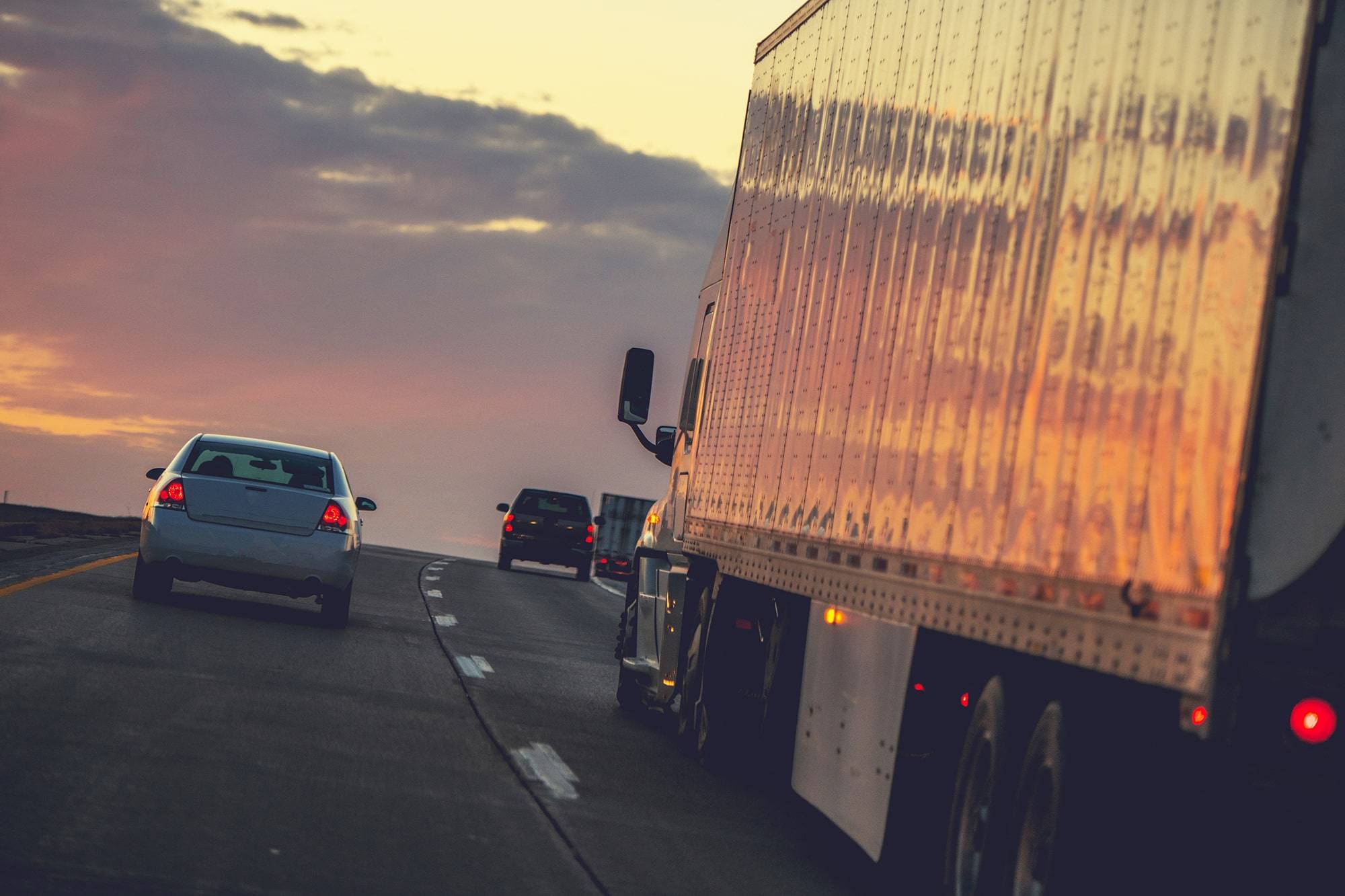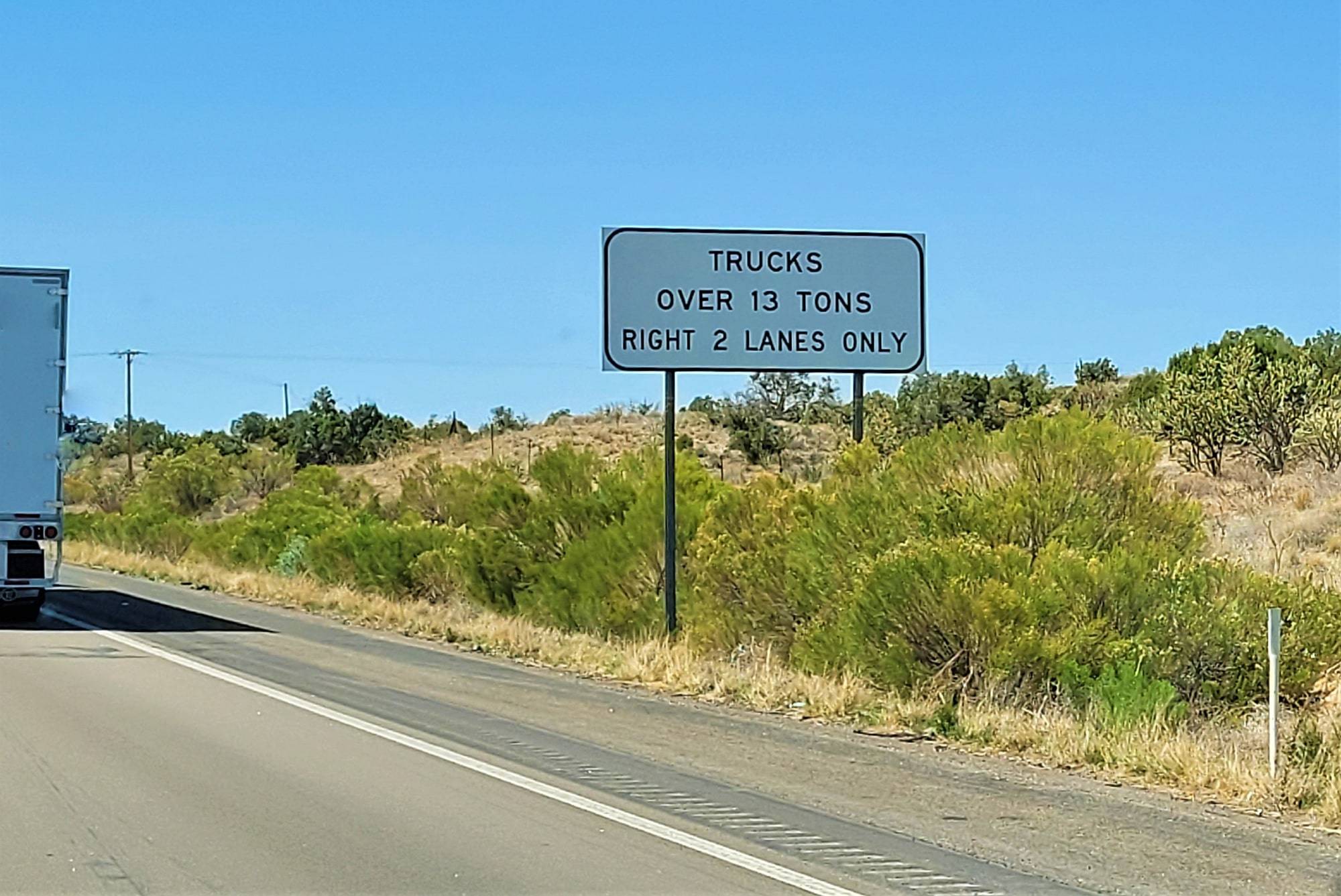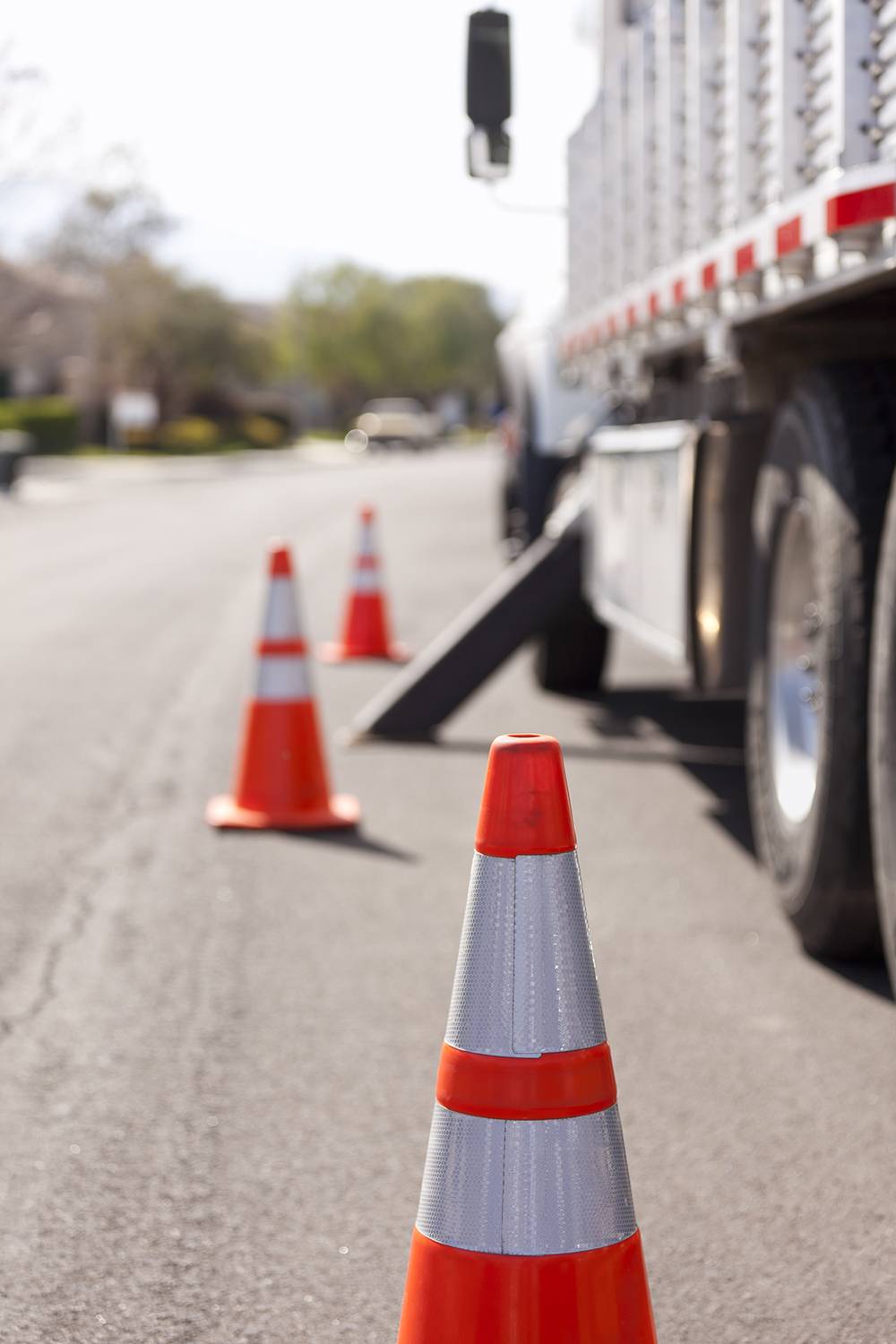Specialized Trucks and the Roads They Travel On

In the ever-evolving world of transportation and logistics, the relationship between specialized trucks and the roads they travel on is integral to the efficiency and success of the industry. As we enter an era of highly specialized trucks and logistics solutions, this symbiotic relationship becomes more crucial than ever.
The Evolution of Specialized Trucks:
Specialized trucks have come a long way from their generic counterparts. Today, they encompass a wide range of vehicles designed for specific tasks, from refrigerated trucks for transporting perishables to heavy-duty haulers for oversized cargo. This evolution has been driven by the need for increased efficiency, safety, and sustainability in the logistics sector.
The Road to Specialization:
To accommodate these specialized trucks, our road infrastructure has also evolved. Roads are not merely pathways; they are the lifelines of commerce. They must be designed, maintained, and upgraded to support the unique requirements of various specialized vehicles.
Customization for Efficiency:
One of the primary benefits of specialized trucks is their ability to optimize transportation tasks. For example, refrigerated trucks equipped with advanced climate control systems ensure the safe transport of temperature-sensitive goods. This specialization is complemented by road infrastructure that includes well-maintained, temperature-controlled storage facilities and distribution hubs.

Safety and Road Design:
Safety is paramount in the trucking industry, especially when transporting hazardous materials or oversized cargo. Specialized trucks often require specific road designs and safety measures to mitigate risks. These considerations lead to the development of designated lanes, load-bearing bridges, and signage that cater to specialized transport needs.
Sustainability and Road Development:
As the world focuses more on sustainability, specialized trucks play a vital role in reducing carbon emissions. Electric and hybrid specialized vehicles are becoming more common, necessitating the installation of charging infrastructure along transportation routes. Roads must adapt to support these eco-friendly options.
The Future of Collaboration:
In the era of specialization, collaboration between the trucking industry and road authorities is critical. It involves sharing data, insights, and expertise to create a seamless transportation network that meets the evolving needs of businesses and consumers. Public-private partnerships can help fund infrastructure projects that benefit both specialized trucks and traditional freight carriers.
READ MORE
As we delve deeper into the era of highly specialized trucks and logistics solutions, there are several challenges and opportunities that both the trucking industry and road infrastructure development must address to ensure a smooth and efficient transportation network.

Infrastructure Upgrades:
Specialized trucks require road infrastructure that can accommodate their unique needs. This includes the construction and maintenance of specialized lanes, loading and unloading zones, and secure parking areas. Funding and planning for these upgrades are essential to support the continued growth of specialized transportation.
Technology Integration:
The integration of advanced technologies is crucial for the successful coexistence of specialized trucks and road infrastructure. Smart road systems with sensors and data-sharing capabilities can enhance traffic management, optimize routes for specialized vehicles, and improve safety on the road.
Environmental Considerations:
As the demand for eco-friendly transportation grows, specialized trucks are increasingly using alternative fuels and electrification. Road infrastructure must adapt to support these technologies by installing charging stations, hydrogen fueling stations, and sustainable road construction materials.
Regulatory Harmonization:
The trucking industry operates under a complex web of regulations that vary by jurisdiction. Harmonizing these regulations to accommodate specialized trucks can streamline operations and reduce compliance burdens. Collaboration between governments and industry stakeholders is essential in achieving this goal.
Safety and Training:
Specialized trucks often require specialized training for drivers due to the unique challenges they pose. Road safety initiatives should include education and training programs tailored to the specific needs of specialized truck operators to ensure safe and efficient transport.

Sustainability Initiatives:
To meet sustainability goals, both the trucking industry and road infrastructure developers must work together to reduce the environmental impact of transportation. This includes exploring innovative solutions like green road construction, noise barriers, and wildlife crossings.
Resilience and Adaptability:
In an era of rapid technological advancements, both specialized trucks and road infrastructure must be designed with adaptability and resilience in mind. This includes flexible road designs that can accommodate evolving trucking technologies and robust infrastructure maintenance and repair programs.
Collaboration Paves the Way
The relationship between specialized trucks and the roads they travel on is a dynamic one that continues to evolve in the era of specialization. Challenges and opportunities lie ahead, from infrastructure upgrades and technology integration to sustainability initiatives and regulatory harmonization. By addressing these issues collaboratively, the trucking industry and road authorities can ensure a harmonious and efficient transportation network that supports the diverse needs of businesses and consumers in the modern world.
